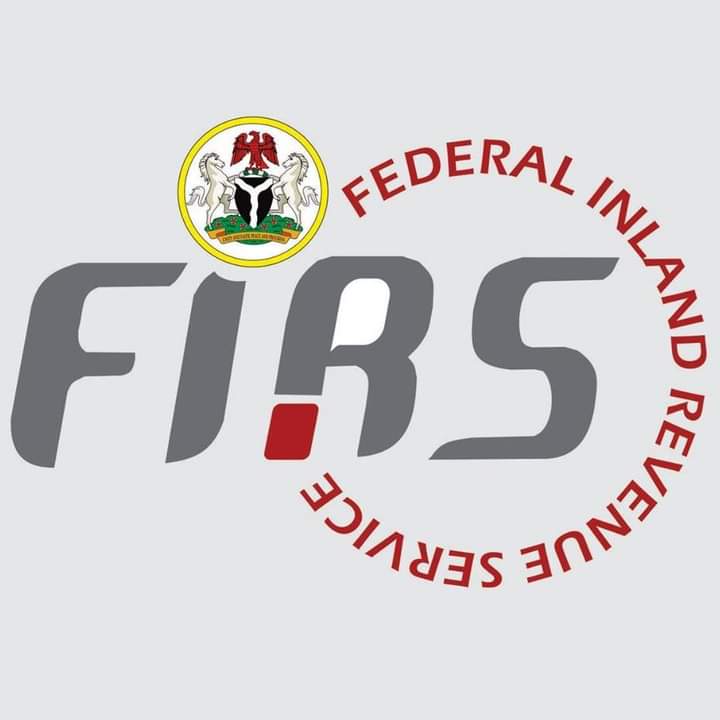
By Femi Onakanren
In January 2023, the FIRS announced a landmark tax revenue return of N10.1trn in both oil (N4.09trn) and non-oil (N5.96trn) for 2022. Although the agency had an ambitious target of N10.44trn for the year 2022, to go past the N10trn mark is truly a historic development. To truly appreciate the importance of this development, this is double the N5.007trn recorded in 2012. Incidentally, the N5.007trn recorded in 2012 was the highest at the time.
Two weeks ago, the tax authority announced that in just half of the year 2023 it had raked in N5.5 trillion Naira. This sum is more than any total collection of any year preceding 2021 since the inception of the tax authority, before Muhammad Nami came on board.
Over the years, the country has been talking about diversifying the revenue base of the economy and expanding the tax net. This achievement by the FIRS is a culmination of strategic reforms and consequently the beginning of a whole new vista of opportunities for economic development and social accountability. Nigeria never had a paucity of good policies but implementation has always been an issue.
The FIRS has been able to make a distinct connection between policy, technology and achieving targets, a true demonstration of the productivity arc. To appreciate this nexus, let us examine what the FIRS has been able to achieve in terms of deploying technology to improve tax collection.
The recent changes in the Finance Acts of 2019, 2020 and 2021 introduced several amendments to tax legislation. One of those provisions was that which gave powers to the FIRS to deploy technology for tax administration. Section 25 (3) of the Federal Inland Revenue Service Establishment Act (as amended) enables the Service to “deploy any proprietary or third-party payment, processing or other digital platform or application to collect and remit taxes.”
The FIRS has decided to take the implementation of this provision aggressively by deploying technology and a well-trained and motivated workforce for automated tax collection in the digital economy.
The Service in June 2021 deployed its home-grown TaxPro Max for registration of taxpayers, filing of returns, payment of taxes, and several other functions. The objective is to ensure seamless tax collection, maximize returns for the country, improve taxpayer experiences, widen the tax net, encourage investment (FDI and FPI), and strengthen tax administration. The deployment of technology has helped the FIRS to fill the gaps, address issues of miscommunication, and generally improve the country’s revenue accounts.
The result has been an unqualified success by helping the institution achieve its corporate goals, encourage wider tax collections as well as set the institution, the federal government and the economic prospects of the country on a path of prosperity. The Muhammad Nami led Federal Inland Revenue Services (FIRS) has transformed the operational capacities and reputation of the institution.
It was no surprise that in the year 2021 the Service collected N6.405 trillion, that being the highest tax revenue ever collected at that time; and in 2022, it raked in N10.1 trillion the highest sum ever collected by a single revenue generating agency in Nigeria’s history. The country, economic and finance experts await the announcement of another humongous collection for the year 2023–so far, its over N5.5 trillion collected from January to June this year is the highest tax reveneue collected within a six month period of any fiscal calendar year.
The country still has a long way to go in terms of judicious implementation of policies but the FIRS is showing the right approach on how to resolve long held administrative, revenue and accountability bottlenecks.
Leveraging the FIRS’ success model, states can equally begin to deploy technology for improved revenue generation. Abia and Lagos states are on this path already. More states are encouraged to join in order to address their internal revenue generation gaps.
The ability of the Federal Government and state governments to harness taxes, increase the tax net, and properly provide transparent accountability which will reduce the dependency burden on governments on ‘rent’ revenues (monthly FAAC allocations) thereby providing these governments with spending funds without the albatross of inflation hanging around their necks whilst being able to fund public infrastructure and welfare projects, is possible with technology.
The FIRS has deployed a successful model and the achievements are there to see. The institution has shown the way to go in terms of achieving corporate goals, and ensuring that progressive economic and fiscal policies work for the country and people by leveraging on technology. Though it is not uhuru yet, a template for success across the country has been set.
Femi Onakanren is Business Development and Socio-economics Policy Specialist. He writes from Lagos.
